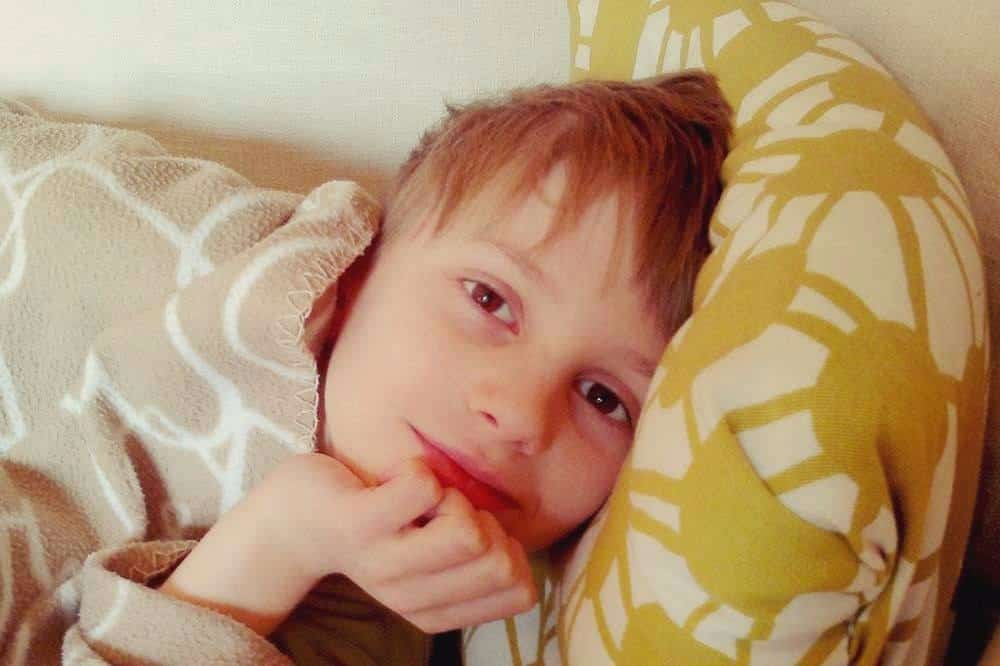Probably most of us, at one time or another when we were kids, tried to fool someone into believing that we were asleep when we really weren’t. Some of us may have even attempted the fake snoring to help sell the con. And your mom might have fallen for it at the time if she was distracted, but the idea of faking or failing a sleep apnea test when attached to a bunch of machines may be stretching it just a bit.
What is Sleep Apnea?
Sleep apnea is a serious medical condition that is often left undiagnosed and untreated, which can become the cause of many more dangerous health conditions. Sleep apnea is a sleep disorder in which the person ceases to breathe for periods of time during sleep. This may be due to either a blocked airway (Obstructive Sleep Apnea—OSA) or a brain malfunction (Central Sleep Apnea—CSA), and causes the body to have a limited supply of oxygen as well as an excess of carbon dioxide.
The negative impact of sleep apnea on the body takes its toll over time. First, the effect of diminished amounts of healthy sleep can cause a number of symptoms including poor work performance and even falling asleep at the wheel while driving. Second, the body’s inability to get enough oxygen can lead to a myriad of health problems such as cardiovascular disease, stroke, diabetes, high blood pressure, weight gain, and more.
Here are some of the signs and symptoms which are prevalent in people who have sleep apnea:
- Loud snoring
- High blood pressure
- Occasionally starting awake with a feeling of choking or gasping
- Insomnia, restless sleep, or inability to get enough sleep
- Headaches in the morning after waking
- Fatigue, sleepiness during activity, lack of energy
- Mood changes, inability to concentrate, irritability, forgetfulness, relationship struggles
- Weight gain
- Waking up with a very dry mouth or sore throat
- Decreased libido
- Waking up several times in the night to urinate
Sleep apnea has been discovered to be connected to many other health problems for various reasons. Some might be the cause of sleep apnea, while others might be the result.
These include:
- Metabolic syndrome
- Cardiovascular disease
- Atrial fibrillation
- High blood pressure
- Stroke
- Type 2 diabetes
- Chronic fatigue and/or fibromyalgia
- Thyroid problems
- Impaired thinking
- Heartburn or GERD (acid reflux)
- Erectile dysfunction
- Adult asthma
- Swollen tonsil or adenoids (especially in children)
- Deviated septum or other nasal congestion
- Polycystic ovarian disease (PCOS)
- Muscle diseases (such as muscular dystrophy)
- Restless leg syndrome
- Memory loss or onset of Alzheimer’s disease
What is a Sleep Apnea Test?
Called nocturnal polysomnography, testing for sleep apnea is typically performed in a sleep clinic, in a room which usually resembles a comfortable hotel room more than a hospital room. A number of measurements are taken while the patient sleeps. This may include heart rate, oxygen levels, breathing patterns, lung activity, blood pressure, brain activity, arm/let movements, and various other tests. With all of these things going on at once, the sleep clinic staff will have a pretty good idea of what is happening with your body throughout the entire sleep study.
Sometimes sleep studies are allowed to be taken at home, in which case fewer measurements are taken and the test is simplified. However, even when these types of home tests come away with a diagnosis, the doctor is often interested in performing further testing, depending on how serious the case of sleep apnea is diagnosed. You may also be referred to an ENT (ear, nose, throat doctor), cardiologist (heart doctor), or neurologist (nervous system/brain doctor).
How to Fake a Sleep Apnea Test
First of all, who would want to fake a sleep apnea test? Maybe it would be for insurance fraud to get certain benefits, or maybe to keep from being diagnosed with a condition that the person actually has?
At any rate, faking a sleep apnea test is most likely impossible. Even if you help your breath at intervals to “fake” the fact that your body isn’t breathing during sleep, you certainly can’t fake the long term results that sleep apnea would have on your body. So even if you could stay awake all night in a dark room during a sleep study to stop breathing periodically, that wouldn’t be enough.
This is in addition to the fact that your body’s systems act in certain ways when they are sleeping that you cannot consciously control. Even more, you certainly can’t control them if you happen to fall asleep. Sleep studies often track body movement, brain waves, and a host of other biological measurements that even the most adept con-man probably couldn’t fake.
Conclusion
So being able to get diagnosed with a sleeping condition that you do not actually have would be almost impossible. If you need to get a CPAP machine, rather than committing insurance fraud, maybe just think about buying one online that you don’t need a prescription for!

